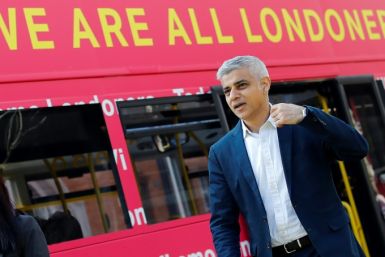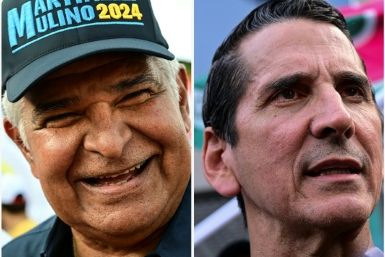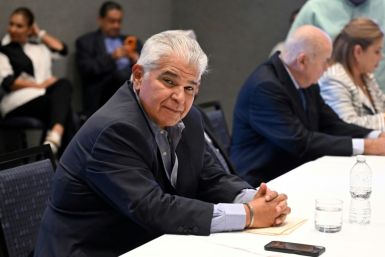Will Japan Renegade on Deal to Purchase Bonds from South Korea Over Territorial Dispute?
Japanese finance minister Jun Azumi has hinted that his government may renege on a deal to purchase bonds from their South Korean counterparts, reported the Wall Street Journal on Friday, after bilateral tensions erupted earlier this month following South Korean President Lee Myung-bak's visit to a group of islands claimed by Japan.
"We have yet to actually decide on when to start the Korean bond purchases," Azumi told reporters in Tokyo. "I'd like to watch the situation for a while," he said.
The Japanese finance minister added that his government was unsure whether to extend a currency swap agreement - which ends in October - with South Korea, claiming that "things have reached the point where the Japanese people may not be able to accept the argument that political relations and economic relations are separate."
"The swap agreement was made at South Korea's strong request...(and) the expansion is due to expire in October," he said. "Under normal circumstances, it would be extended automatically. (But) I have no choice but to reconsider the deal from scratch."
Related: Japan, China and South Korea Inch Closer to Free Trade Deal
Related: Japan Economy
Related: South Korea Economy
On August 10, South Korean President Lee Myung-bak made a trip to the hotly contested Dokdo islands, otherwise known as Takeshima in Japan. His spark sparked an immediate response from Japanese Prime Minister Yoshihiko Noda, but the South Korean government then chose to return the letter as it had referred to the islets by its Japanese name.
Since then, Japanese Foreign Minister Koichiro Gemba has described the snub of Noda's letter as "diplomatically inconceivable." On Thursday, in an increasingly bitter tit-for-tat, a Korean diplomat was also denied entry to the Japanese Foreign Ministry in Tokyo when he tried to return Noda's letter.
"It is very regrettable that Japan blocked even normal routes of delivering diplomatic documents, which violates diplomatic protocol," told a South Korean Foreign Ministry official to the Chosun Ilbo.
"If a recipient does not want to receive a letter, it is usual practice for the sender to retrieve it," he said.
The latest spat between the two countries have also drawn the attention of the United States, who urged both governments to resolve their differences through dialogue.
"Both of these countries are strong, important, valued allies of the United States. It's obviously not comfortable for us when they have a dispute between them," said State Department spokeswoman Victoria Nuland, as cited by AFP.
"So our message to each of them is the same: Work this out, work it out peacefully, work it out through consultations."






